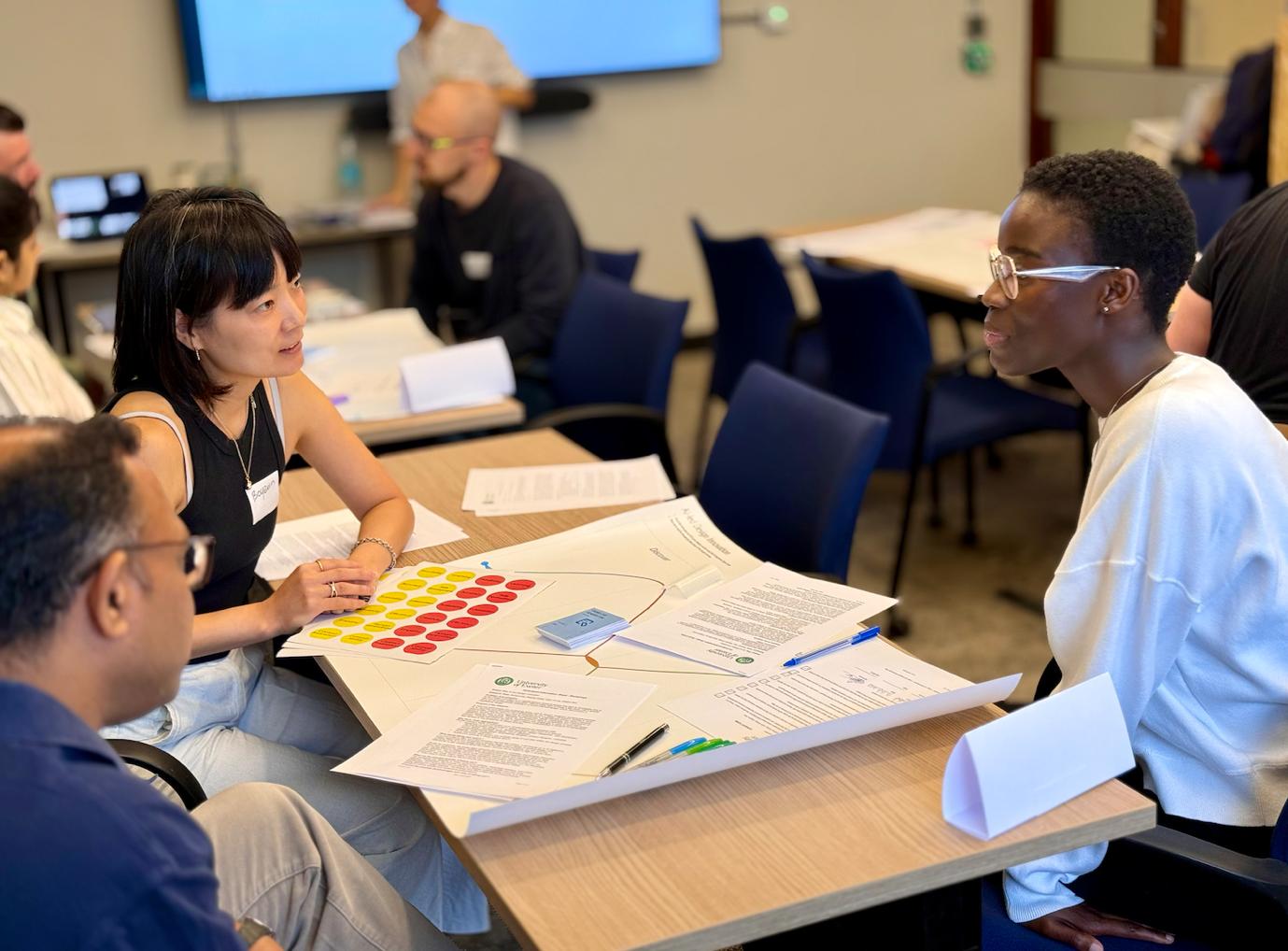Food systems have reportedly been largely omitted from the Cop26 agenda, with critics asking: why isn’t food waste a priority?
A few years ago, I worked with the leading UK charity organization fighting food waste, FareShare. The project was a study I co-authored, looking at how service innovations can contribute to the alleviation of food poverty. This would impact the thousands of citizens who struggle to afford or access nutritious food.
How possible is innovation?
By seeing food systems like ecosystems, we can see opportunities for innovation. Innovations can arise from challenging and developing the ‘institutions’ which underpin an ecosystem. These institutions are the ecosystem’s norms, rules, practices, meanings, and symbols.
What are the implications of innovation?
Our study used data from ‘actors’ in the ecosystem to clarify the distinctions between institutions. This clarification may sound small, but it allowed us to:
- enhance our understanding of how institutional theory applied within the ecosystem
- highlight theoretical implications for service innovation, both within- and between-system levels
Awareness of these applications and implications allows for informed decision-making.
What innovations could you make?
The study includes an ‘actor institutions matrix’. This is a fruitful outcome of the analysis of the institutions. We’ve outlined suggested recommendations for how to action discoveries from service ecosystem studies.
Read the full paper:





